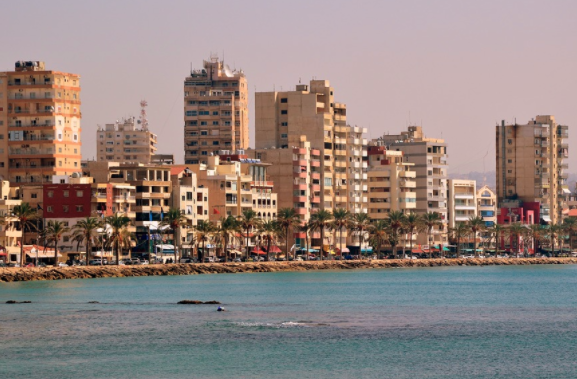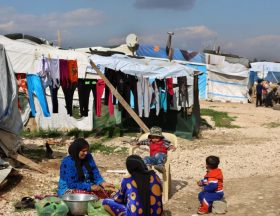Prime Minister Nawaf Salam formed a government on February 8th, opening new prospects for Lebanon's economic recovery. This new government will need to seize the momentum to quickly initiate a first series of structural reforms to kick-start the country's economic recovery, restore the credibility of the Lebanese administration, and pave the way for a conference to support Lebanon. What are they? And within what timeframe?
These reforms, including the restructuring of the banking sector, have been known for a long time and, for some, are already ready for implementation, despite being sometimes politically sensitive. To maximize their chances of success, these reforms must be carried out as far in advance as possible of the legislative elections in May 2026.
The resumption of discussions with the IMF could lead to a program with financing.
On April 7, 2022, the Lebanese authorities and the IMF signed a Staff Level Agreement (SLA) detailing 10 prerequisites for approval by the Fund’s Executive Board of a USD 3 billion Extended Credit Facility over four years. However, the Lebanese authorities’ failure to implement these actions rendered the agreement null and void. The IMF mission chief’s visit to Beirut from March 10 to 13 allowed discussions to resume.
The authorities’ credibility in signing an SLA will depend on their ability to quickly initiate long-stalled reforms, primarily the restructuring of the banking sector.
Without consolidation and restructuring to address the financial system’s losses of approximately USD 75 billion, the banking sector will remain paralyzed.
This project involves the following legislative measures:
1) Adoption of the Emergency Bank Resolution Law to provide Lebanon with the necessary legal instruments for restructuring.
2) Amendment of the Bank Secrecy Law to broaden the conditions for lifting bank secrecy, which must be accompanied by guarantees of judicial independence and the fight against financial crime.
3) Adoption of the Loss Compensation and Financial Sector Restructuring Law, establishing the main principles for the treatment of foreign currency deposits and the restructuring of central bank and bank losses.
4) Amendment of the Money and Credit Code to prohibit the Banque du Liban from financing the state.
The new government will also have to prepare a plan to restructure the public debt (195% of GDP in 2023), the credibility of which will largely depend on the chosen banking restructuring plan. For Lebanon, which has been in default since March 2020, the restructuring of its sovereign debt, including Eurobonds worth USD 31 billion, is a major project that will take place at a later stage. The public debt is held partly by Lebanese banks and mainly by international investors.
The commitment of creditors to restructure the public debt will be necessary to guarantee the financing assurances required for an IMF program. In this context, it will be essential to limit the use of public financing to restructure the banking sector, given the needs required to restore the sustainability of the public debt.
Source: French Embassy in Beirut










Réagissez à cet article